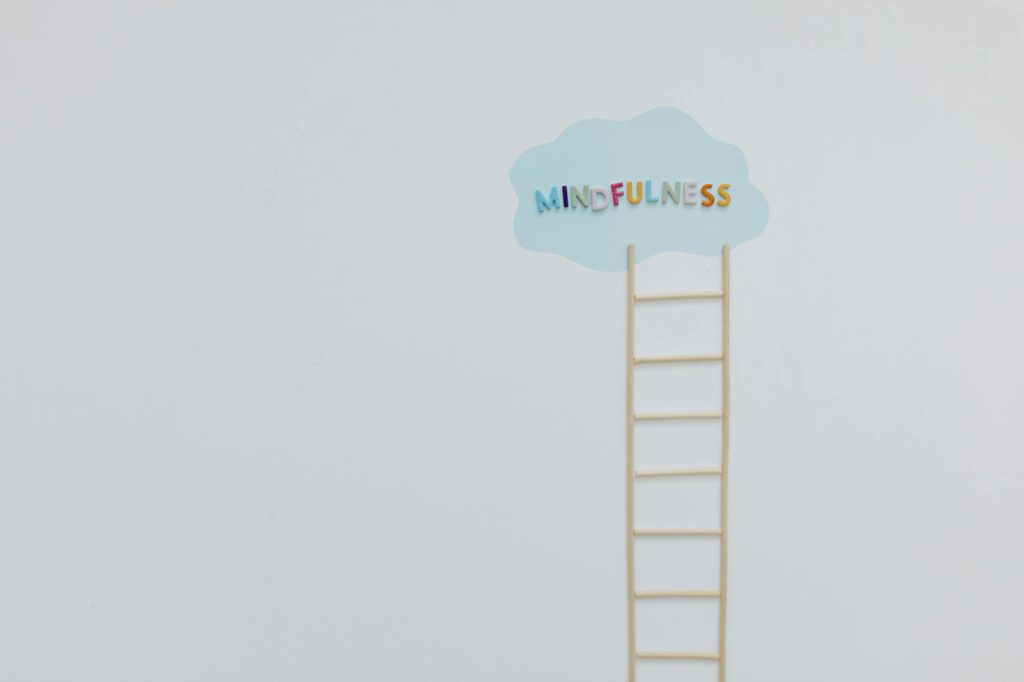What is introspective practices?

What is introspective practices?
In our fast-paced world, finding time to reflect on ourselves can seem impossible. Yet, introspective practices offer a powerful way to pause, think, and grow. By focusing on our thoughts, emotions, and behaviors, we can enhance personal development, productivity, and achieve a balanced life. So, what exactly are introspective practices, and how can they benefit us?
Understanding Introspective Practices
Introspective practices are techniques that encourage self-reflection and self-awareness. They help us look inward to understand our thoughts and emotions more deeply. This understanding is essential for personal growth and improving our decision-making abilities.
Definition of Introspective Practices
At its core, introspection involves examining one’s thoughts and feelings. Introspective practices can include activities like journaling, meditation, or even thoughtful conversations. These activities promote a deeper understanding of oneself and can even lead to increased emotional intelligence. For more insight on introspection, consider exploring this article on the power of introspection.
Historical Context
The concept of introspection dates back centuries. Philosophers like Socrates emphasized the importance of self-examination. In psychology, introspection gained prominence in the late 19th century, particularly with the work of Wilhelm Wundt, who believed that self-reflection was crucial for psychological understanding. Over time, it evolved into a key component of various self-help and personal development practices, emphasizing its relevance in today’s world.
Types of Introspective Practices
Several introspective practices can help you on your journey of self-discovery. Each method offers unique benefits, allowing you to choose the one that resonates with you.
Journaling
Journaling is a powerful tool for reflection. By writing down your thoughts, feelings, and experiences, you create a space for clarity. It can help you process emotions, track personal growth, and understand your reactions. Whether it’s a daily log or a free-form expression, journaling can significantly enhance your emotional clarity.

Photo by Tara Winstead
Meditation
Meditation encourages mindfulness and self-awareness. By focusing on your breath or a specific thought, you can quiet the noise of daily life and connect with your inner self. This practice fosters a calm mind, making it easier to understand your emotional landscape. Numerous studies suggest that meditation can improve mental clarity and overall well-being, making it an essential introspective practice.
Mind Mapping
Mind mapping is a creative technique for organizing your thoughts visually. By drawing connections between ideas, you can better understand your thought processes and identify patterns. This activity can spark creativity, clarify your goals, and enhance problem-solving skills. It’s a fun, engaging way to explore your mind’s complexity.
Benefits of Introspective Practices
Engaging in introspective practices offers a wealth of benefits that can enhance your life significantly.
Enhanced Self-Awareness
One of the most significant advantages of introspection is increased self-awareness. By reflecting on your thoughts and feelings, you gain insight into your motivations and behaviors. This awareness can lead to better choices and a more authentic life. You’ll be better equipped to understand your strengths and weaknesses, ultimately guiding your personal growth.
Improved Decision Making
Introspection helps you make informed decisions. When you take the time to reflect, you can weigh your options more thoughtfully. This practice allows you to consider not just the immediate consequences, but also the long-term effects of your choices. In stressful situations, introspection can provide clarity, helping you resolve dilemmas with confidence.
Stress Reduction
Incorporating introspective practices into your routine can significantly lower stress levels. By understanding your triggers and emotional responses, you can develop coping strategies that work for you. Practices like meditation and journaling promote relaxation, allowing you to navigate life’s challenges with increased emotional resilience. For more ways to handle stress through introspection, check out this guide on the benefits of introspection.
Implementing Introspective Practices in Daily Life
So, how can you start incorporating introspective practices into your daily routine? Here are some practical tips:
Setting Goals for Introspection
Begin by setting specific, achievable goals for your introspective practices. Identify what you hope to gain from these activities. Whether you aim to improve self-awareness, reduce stress, or enhance creativity, having clear objectives will keep you motivated.
Creating a Routine
Establish a daily or weekly routine that includes time for introspection. This might involve setting aside 10 minutes each morning for journaling or scheduling a longer meditation session on weekends. Consistency is key—making introspection a regular part of your life will yield the best results.
Measuring Progress
To understand the impact of your introspective practices, periodically assess your progress. This could involve reflecting on your journaling entries, tracking your emotional responses, or evaluating your decision-making process. Measuring progress allows you to celebrate small victories and adjust your approach as needed.
Conclusion
Introspective practices are a powerful way to enhance personal development, boost productivity, and create a better work-life balance. By engaging in activities like journaling, meditation, and mind mapping, you can foster self-awareness, improve decision-making, and reduce stress. I encourage you to start incorporating these practices into your life. You’ll likely discover a deeper understanding of yourself and your motivations, leading to a more fulfilling and balanced existence. Embrace the journey of introspection, and watch as it transforms your life for the better.